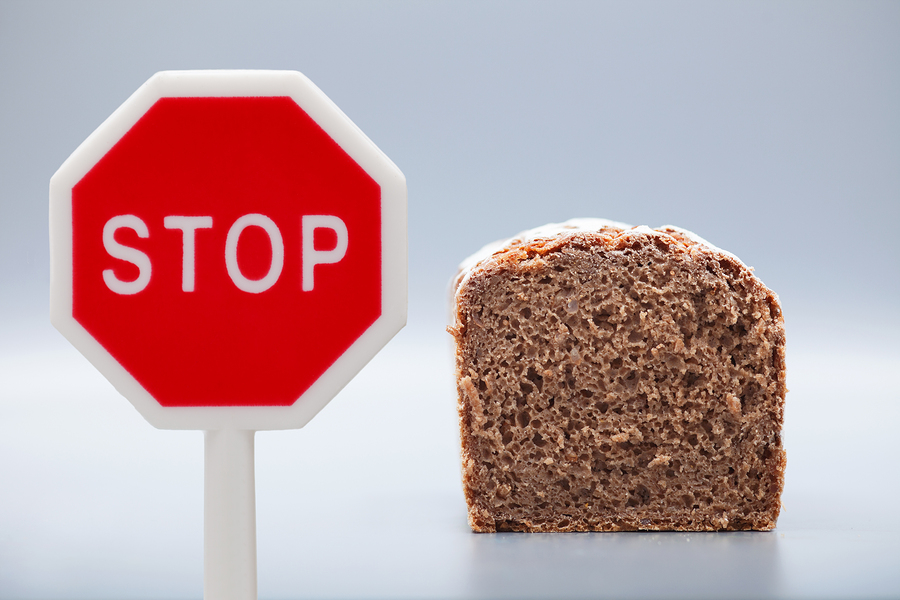“Good” And “Bad” Carbs – What Does It All Mean?
From banning carbs outright to distinguishing between “good” and “bad” carbs, modern diets today can be incredibly confusing.
We take a look at what carbohydrates do, the difference between good and bad carbs, and how to incorporate carbohydrates into a balanced diet.
What Are Carbohydrates?
Carbohydrates are one of the body’s most important energy sources, along with protein and fat, and are found in food.
There are three different types of carbohydrates:
- Sugar – found naturally in lots of foods like fruit, vegetables, milk, and honey
- Fibre – found in wholegrain foods, pulses and some vegetables
- Starch – found in plant-based foods like rice, potatoes, and wheat foods like bread and pasta
Carbohydrates are converted into glucose by the body and released into the blood stream at a slow, consistent rate. They are used to fuel the brain and muscles, helping us to stay active.
Benefits of Carbohydrates
There are lots of reasons to make sure your diet contains the right amount of carbohydrates:
- High fibre foods help make you feel full, so you eat less
- Fibre can help you avoid constipation and aid your digestive system
- Carbs help us to feel alert and make it easier to concentrate
- Gram for gram, carbohydrates have less calories than fat
- Some carbohydrate foods can reduce cholesterol levels
- Foods containing carbohydrates can provide essential nutrients like B vitamins, zinc, calcium and iron, as well as protein
- Low carbohydrate diets can make you feel weak, dehydrated, dizzy, sick and headachy
- Cutting out carbs means it you can be deficient in fibre and essential nutrients
Why Do People Cut Carbs?
Some people cut down on carbohydrates thinking that they will lose weight by doing so.
Cutting carbohydrates, especially grains, often just means that people are cutting down on the fatty food often consumed alongside carbohydrates, like cheese, meat and mayonnaise on bread, and oil and butter in cooking. Instead of cutting carbs for weight loss we should cut down on fatty foods and eat a balanced plate with smaller portions.
Some people also cut carbohydrates to try and lower their blood sugar. People with high blood sugar, like Diabetics, are given specific advice from dieticians on what to eat, and are generally recommended to eat a balanced plate which includes carbs.
The body needs glucose to work, so if it’s not given carbs it will convert protein and other substances into glucose. However fat and protein are harder to turn into energy than carbs, and if you rely on them for fuel you may feel fatigued and ill.
What are Bad Carbs?
So called “bad” carbs are easy to spot. They are often are high in calories and sugar but have no real nutritional value. Bad carbs include:
- Sweets
- Chocolates
- Biscuits
- Cakes and pastries
- Sugary soft drinks
It’s also worth limiting white bread, white pasta and white rice, and replacing them with wholegrain versions to get more nutrients.
What Carbohydrates Should I Eat?
We should try to include lots of good, complex carbohydrates in our daily diet.
The NHS Eatwell Plate is a good guide for anyone who wants to make sure they eat a diet with the right balance of carbohydrates, fats and protein.
About a third of your plate should be made up of starchy/fibre rich food, and another third of fruit and vegetables – so carbohydrates should account for just over half of your food intake on a day.
Good carbs to include are:
- Wholegrain, seeded, granary or brown bread, rich in fibre
- Potatoes cooked in their skin (like roast sweet potatoes)
- Porridge oats, which contain soluble fibre and help lower cholesterol
- Grains like rice, bulgar wheat, couscous, corn and quinoa
- Cereal made from wheat, oats, barley, rye or rice
- Wholewheat pasta
- At least five varied portions of fresh fruit and vegetables a day
- Pulses and legumes like nuts, beans, chickpeas, lentils and peas
Have you ever tried a carb restricted diet?
Rachel - Silversurfers Assistant Editor
Latest posts by Rachel - Silversurfers Assistant Editor (see all)
- Warming Soups - November 15, 2024
- What’s your favourite scary film? - October 26, 2024
- Easy Traybakes for National Baking Week - October 14, 2024
- Practical tips for living with arthritis - October 11, 2024
- 10th October is World Mental Health Awareness Day - October 8, 2024





















